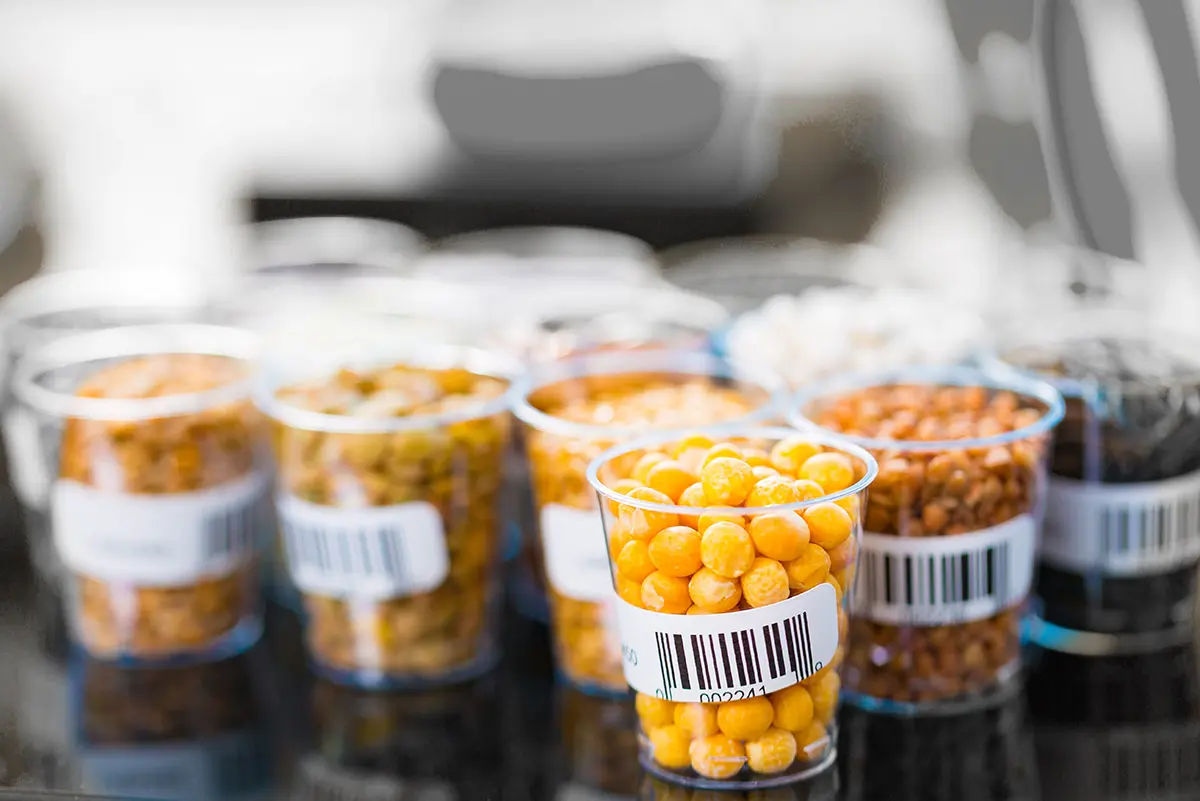
Shelf life refers to the length of time a product can be stored and remain suitable for use or consumption. It is the period during which a product, such as food, pharmaceuticals, or other perishable items, can be kept on a shelf or in storage without deteriorating in quality or becoming unsafe. The concept is particularly relevant for items that have expiration dates or are prone to degradation over time.
Shelf life is influenced by various factors, including the nature of the product, packaging, storage conditions (such as temperature and humidity), and any preservatives or additives used in the product. For example, perishable foods like fruits and vegetables typically have a shorter shelf life than canned goods due to their susceptibility to spoilage.
Manufacturers often provide information on a product’s shelf life through expiration dates or best-before dates, helping consumers make informed decisions about when to use or consume the product. It’s important for consumers to pay attention to these dates to ensure product quality and safety.

Corporate Office
585-502-8055
New York Office
347-828-2324